The Center for Mediterranean Integration (CMI) and FEMISE announce the launch of the Call for a new joint Policy Brief series, to address the urgent issue of the COVID-19 socio-economic effects and impact on the EU-Mediterranean region
Marseille, 29th of May 2020 – The recent coronavirus crisis threatens the health, economies and societies of all countries. In Southern and Eastern Mediterranean countries, the fight against the pandemic is even more complicated due to pre-existing structural rigidities. Cooperation and EU-Med strategies in key sectors are needed. Therefore, the Center for Mediterranean Integration (CMI) and FEMISE join forces and launch their joint series of Policy Briefs called “COVID-19 MED BRIEFS”. A Call for Policy Briefs is open for all researchers with interest and knowledge on the subject. The first issue of this series is available today, launching the joint initiative.
This series of Policy Briefs will be produced to make a contribution towards the policymaking process by addressing the economic, social and welfare effects of COVID-19 on the EU-Med and how Mediterranean integration can be reinforced in order to overcome the crisis and trigger further transformation in the region.
The Call for the COVID-19 MED BRIEFS will include several rounds. The first round is now open and researchers have until June 26th to submit a Policy Brief for evaluation and potential selection.
The topic should be addressing the issue of the COVID-19 socio-economic crisis and its implication on the EU-Med (short and medium run), and identifying concrete policy actions pointing to solutions and ways forward.
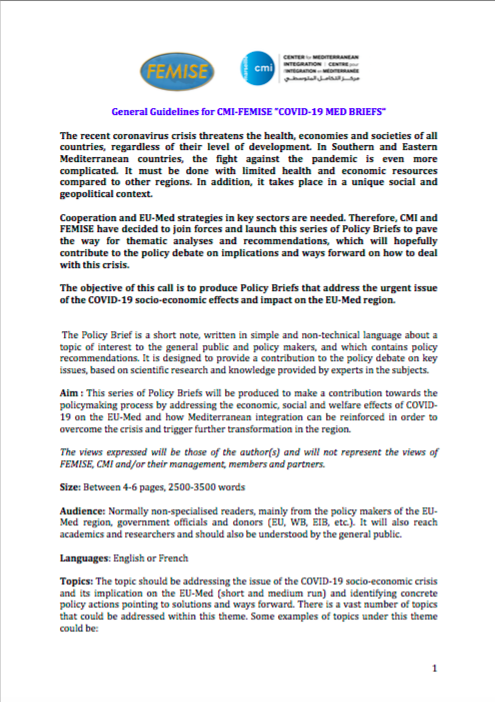 Information on how to submit and the General Guidelines for the “COVID-19 MED BRIEFS” can be found here.
Information on how to submit and the General Guidelines for the “COVID-19 MED BRIEFS” can be found here.
The first COVID-19 MED BRIEF, entitled “Implications of the coronavirus crisis in the Mediterranean and in the Middle East”, by Constantin Tsakas (FEMISE, IM), can be found here.
The Center for Mediterranean Integration (CMI) is a multi-partner platform where development agencies, Governments, local authorities and civil society from around the Mediterranean convene in order to exchange knowledge, discuss public policies, and identify the solutions needed to address key challenges facing the Mediterranean region. Members of the CMI include Egypt, France, Greece, Italy, Jordan, Lebanon, Morocco, Palestinian Authority, Spain, Tunisia, Provence-Alpes-Côte d’Azur Region, City of Marseille, the European Investment Bank and the World Bank Group, and the European External Action Service (EEAS) as an observer. Web: www.cmimarseille.org; Facebook: CMI Marseille; Twitter: @cmimarseille
Media contact : (Ms) Zein Nahas, Senior Communications Officer at the Center for Mediterranean Integration, 00 33 6 04677242, znahas@worldbank.org
FEMISE, Forum Euroméditerranéen des Instituts de Sciences Économiques (the Euro- Mediterranean Forum of Institutes of Economic Sciences), is a Euromed network that gathers more than 100 members of economic research institutes, representing the 37 partners of the Barcelona Process and the European Neighbourhood Policy (ENP). FEMISE is coordinated by the Economic Research Forum (ERF), Egypt and Institut de la Méditerranée (IM), France. Its General Objective is to reinforce dialogue between stakeholders and conduct research on priority EuroMed issues. Web: www.femise.org Facebook: @FEMISEnetwork Twitter: @femisenetwork
Media contact : Dr Constantin Tsakas, General Secretary of FEMISE, 0033 4 91 31 51 95, c.tsakas@femise.org





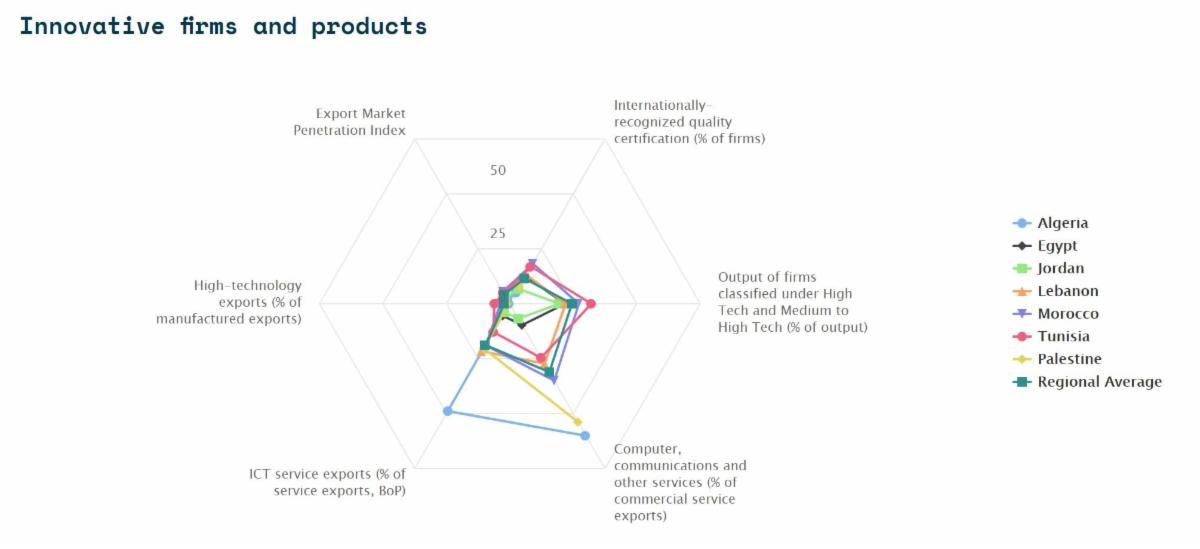
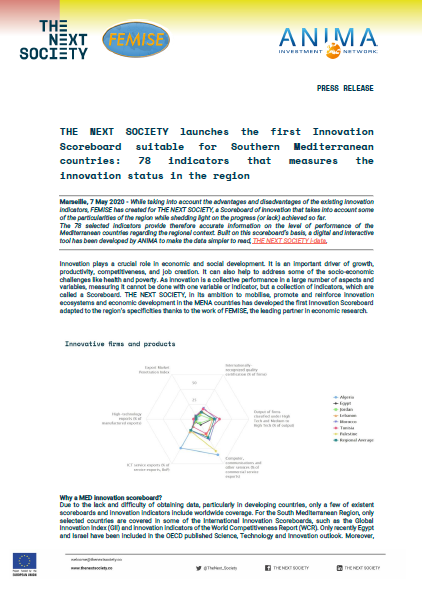
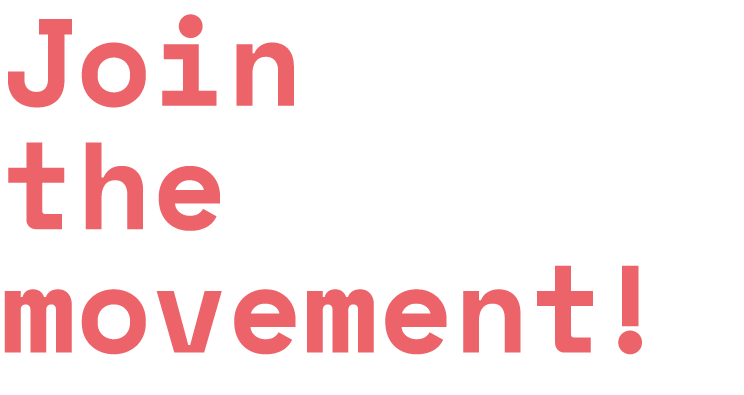
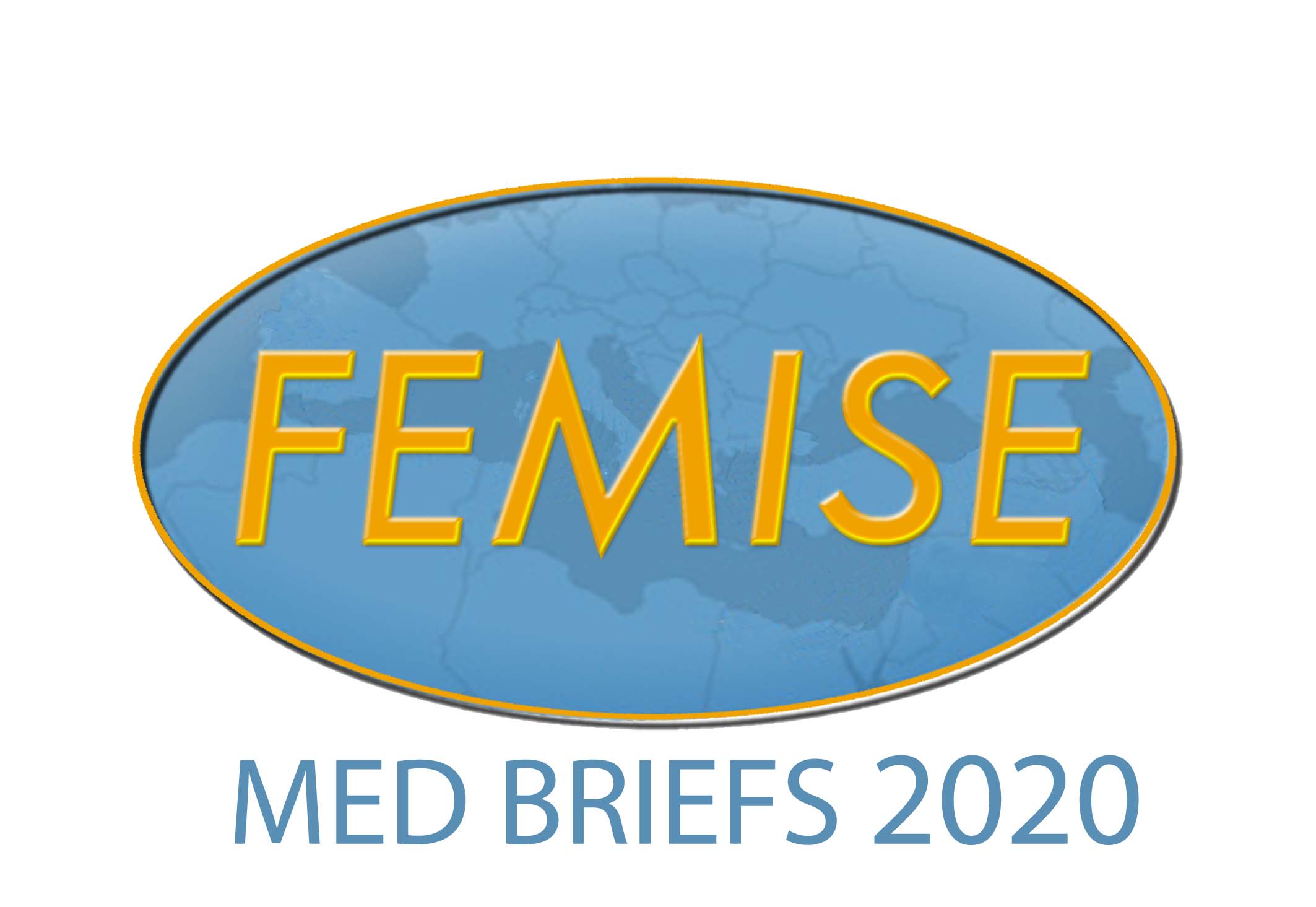 FEMISE is inviting all researchers and experts to submit original Policy Briefs based on recent research conducted on policy, economic and security issues relevant to the EU-Med region and Africa.
FEMISE is inviting all researchers and experts to submit original Policy Briefs based on recent research conducted on policy, economic and security issues relevant to the EU-Med region and Africa.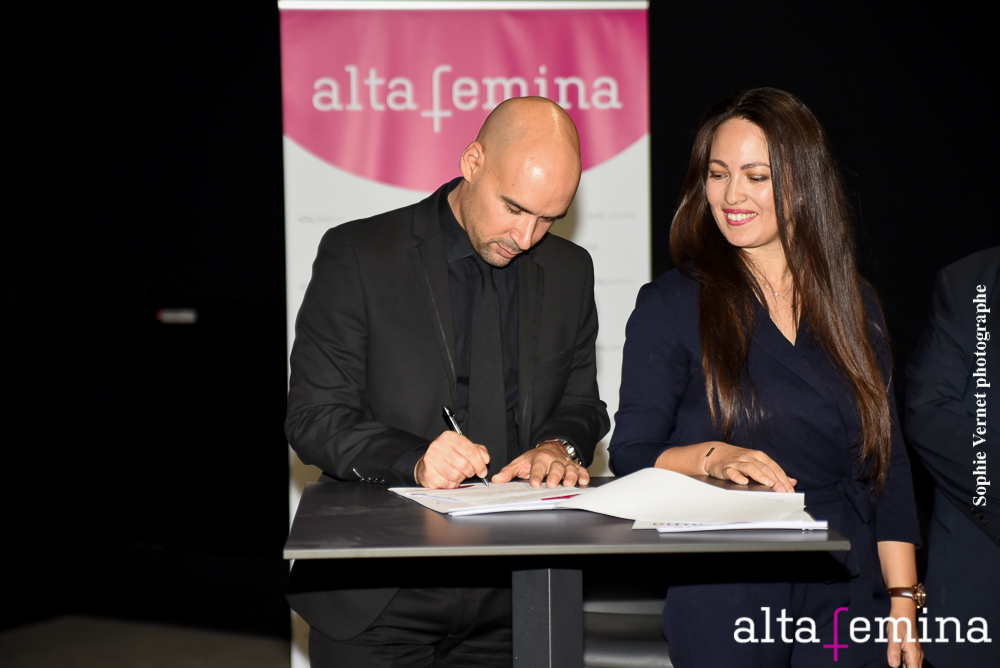
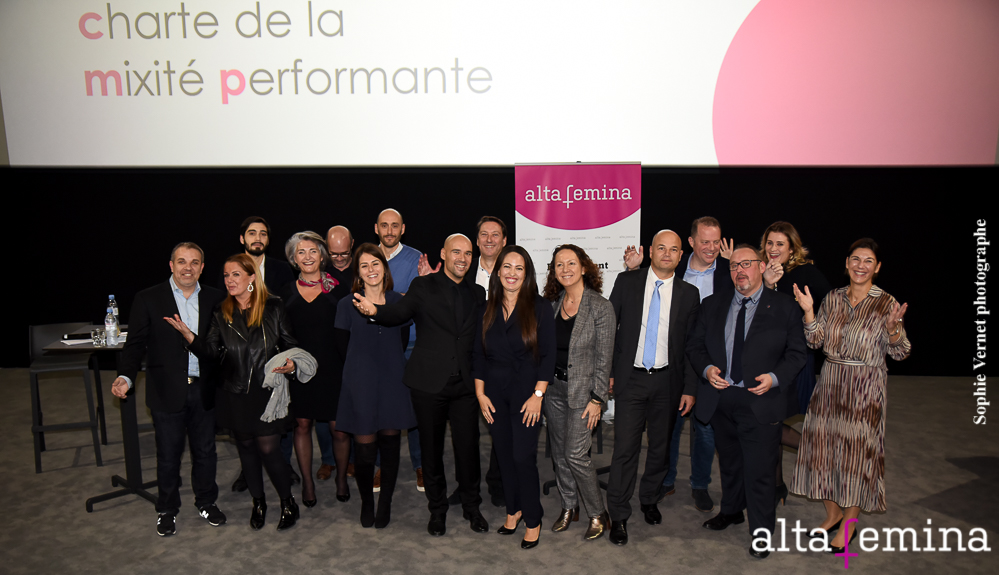
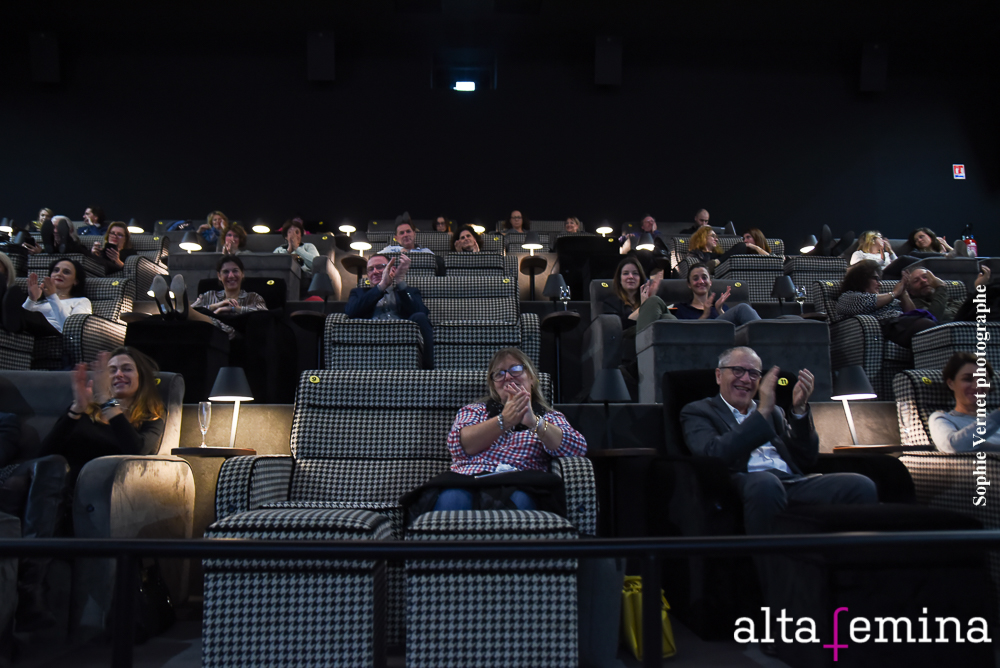
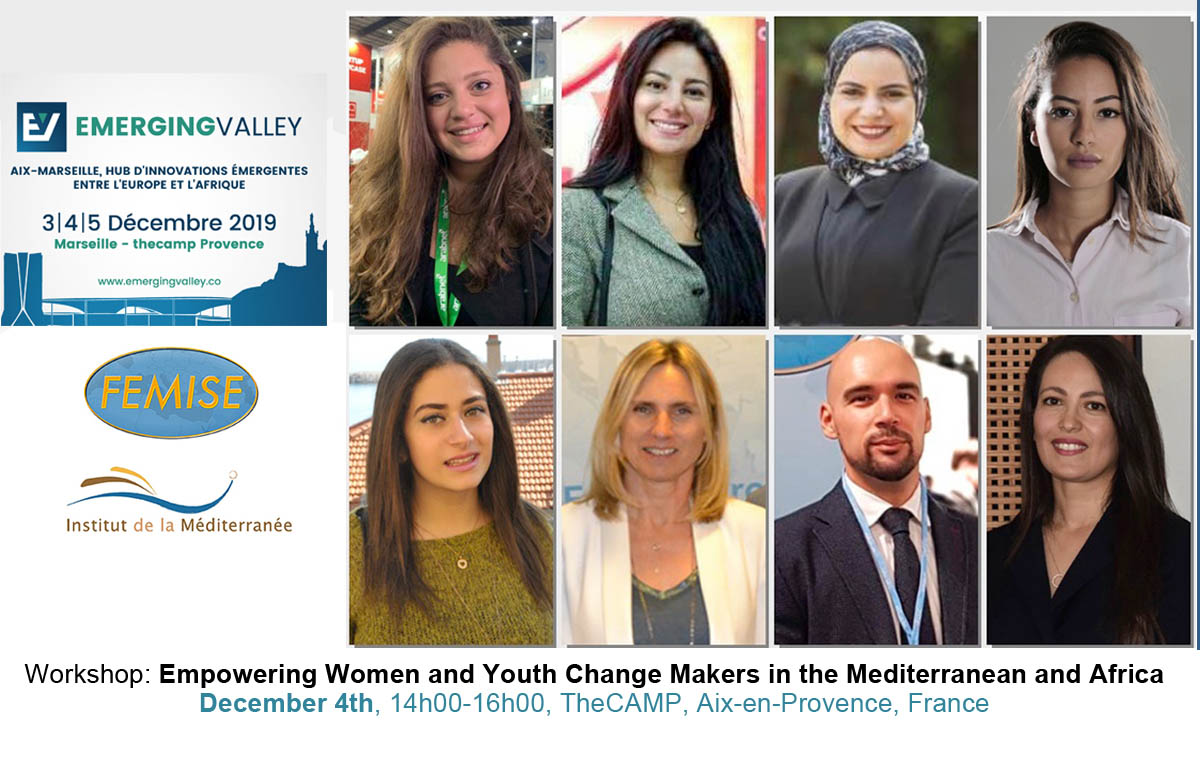

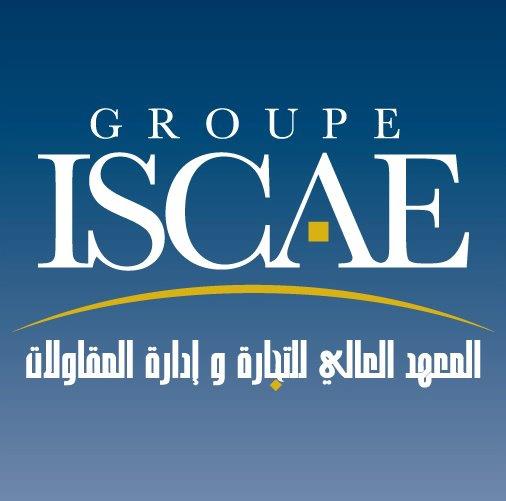
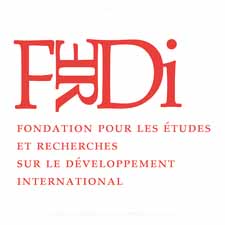


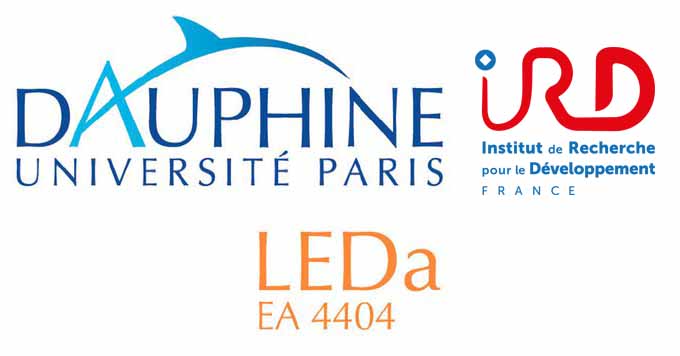


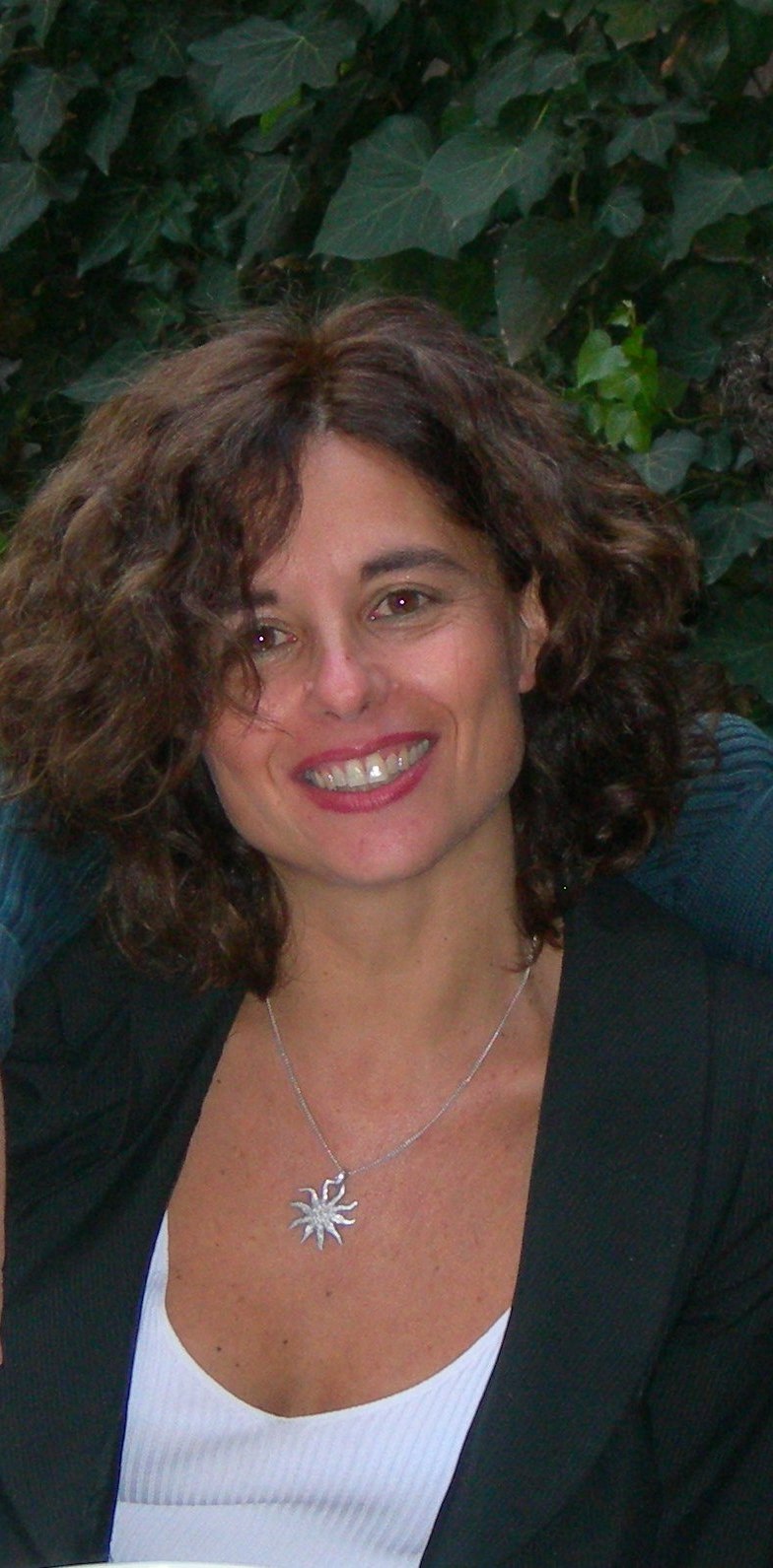
 The policy brief has been produced with the financial assistance of the European Union within the context of the FEMISE program. The contents of this document are the sole responsibility of the authors and can under no circumstances be regarded as reflecting the position of the European Union.
The policy brief has been produced with the financial assistance of the European Union within the context of the FEMISE program. The contents of this document are the sole responsibility of the authors and can under no circumstances be regarded as reflecting the position of the European Union.